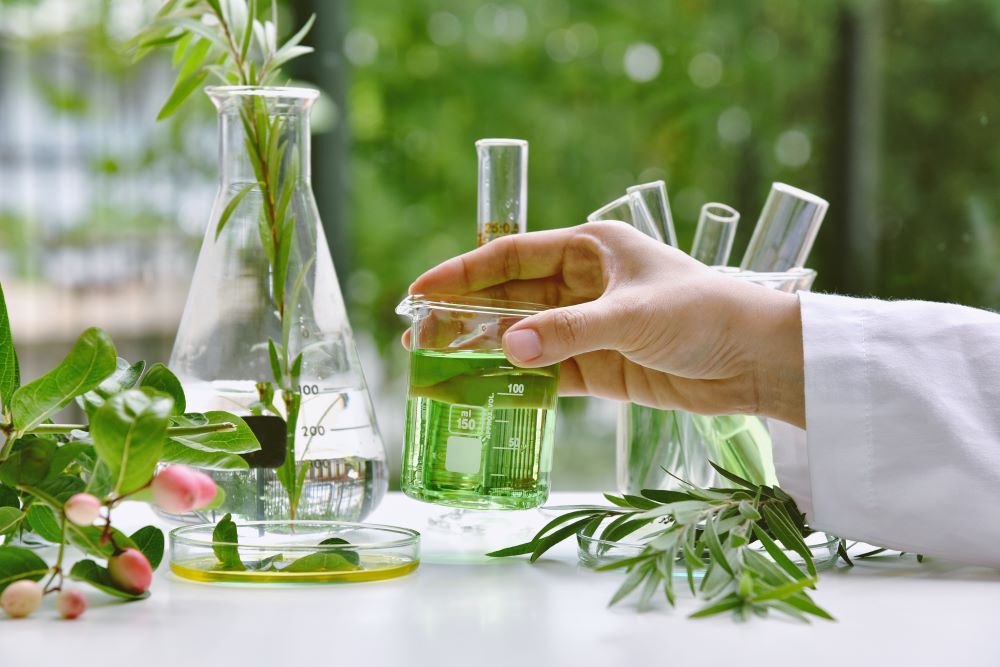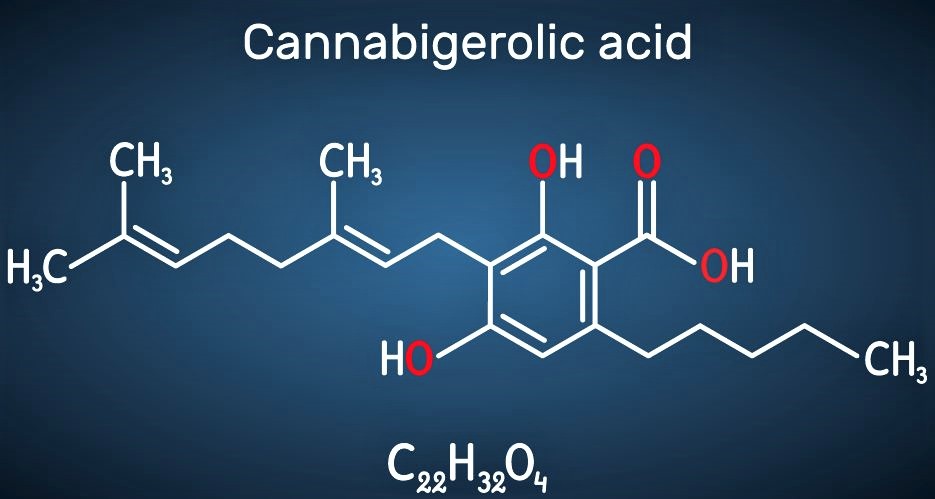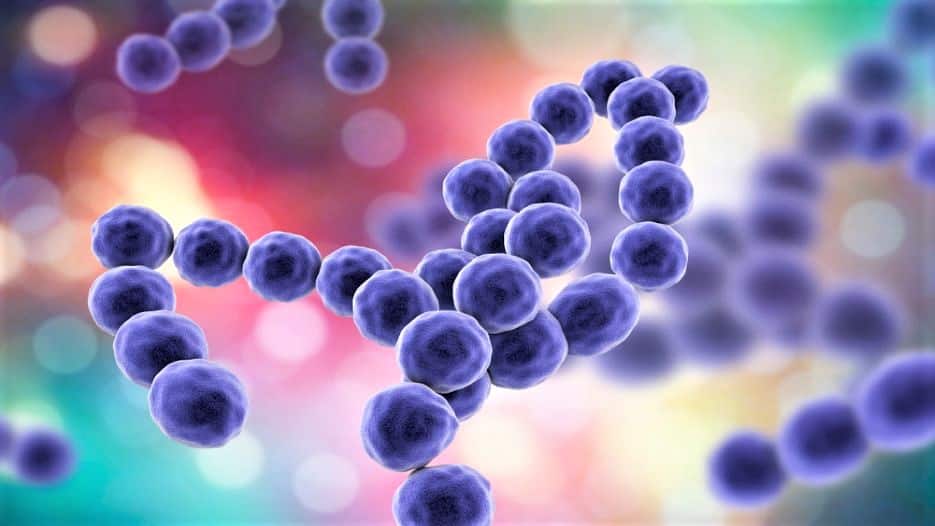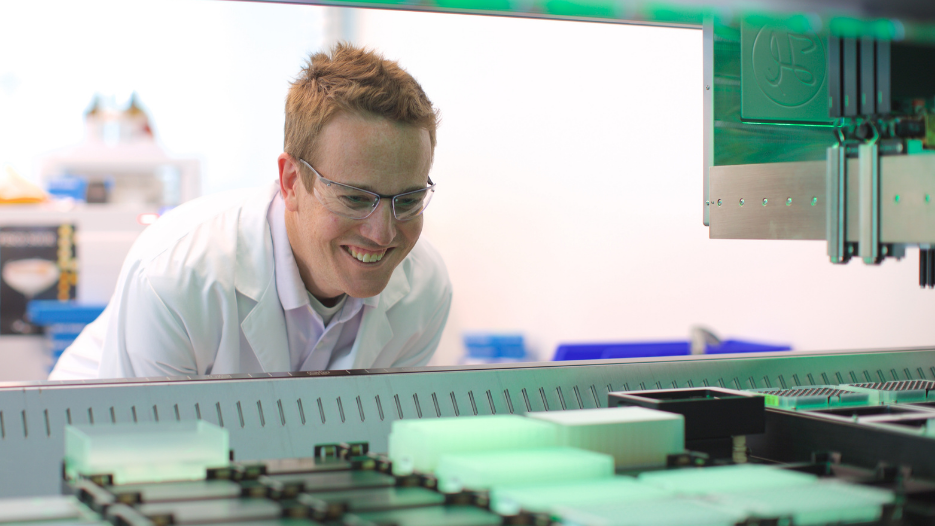CEO Jeff Ubersax Discusses Fermentation and Rare Cannabinoids
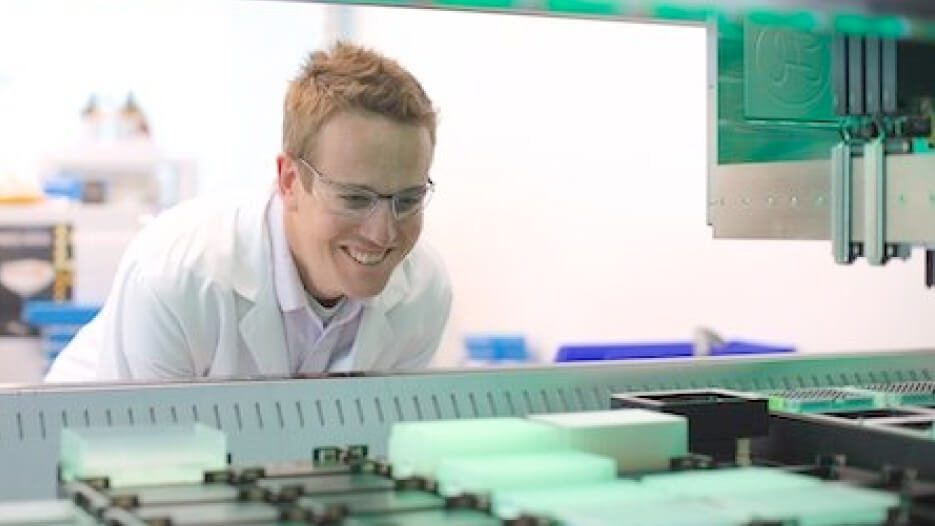
This week, as part of our Rare Access series, we’re talking to Demetrix CEO Jeff Ubersax. He discusses cannabinoids, fermentation, and why Demetrix believes in the power of science to make the world a better place.
Can you introduce yourself and give us a little background into your experience in the cannabinoid and fermentation industry?
I’ve been a part of the biotechnology industry for my entire career, and I love using science to understand and improve the world. Before joining Demetrix, I was the VP of R&D at Amyris, where I led the genome and strain engineering group. This role, and my passion for science, let me work at the interface of technology and science, customers, and investors. When I moved to Demetrix, a startup, this was also an essential part of my work and included communicating to people its mission of making the world a better place with science. Understanding and discovering the potential of rare cannabinoids and harnessing the science behind them is truly exciting.
Tell us a little about Demetrix.
At Demetrix, we believe in the power of science to make the world a better place. Plants and the rare molecules they contain have served as an important source of food and medicines for humankind. Demetrix was founded to make these rare molecules more accessible and to do the hard work of figuring out which ones will improve human health and wellness. Our initial products are cannabinoids, found in cannabis and hemp plants.
The interesting thing about cannabinoids is that the majority of them are difficult to access. Our technology allows us to produce even the rarest cannabinoid in a highly controllable environment using a scalable method that consistently delivers high purity ingredients.
We are also bringing scientific rigor to the study of cannabinoids. Currently, there is limited scientific data on their safety and efficacy, and we are committed to changing that.
By focusing on developing an efficient production method to make cannabinoids and investing in understanding their benefits and safety, we are providing access to safe, efficacious ingredients for health and wellness.
Why cannabinoids?
Cannabinoids are an incredibly exciting class of compounds. As a scientist, I know how rare it is to come across a whole class of molecules that have not been well-studied by the modern scientific community. The best-known cannabinoids, THC and CBD, have also been the most studied. The properties of rarer cannabinoids, however, are mostly unknown – but there are positive indications based on the data we have so far.
Research suggests that cannabinoids have positive attributes and could improve the lives of millions of people in many different ways. There is potential there – and we are dedicated to understanding and unlocking it!
Why use fermentation?
The potential for cannabinoids to be important, active ingredients in products across many markets is tremendous. Because of this, we see high demand for these ingredients, and it will only continue to grow as we learn more about their benefits.
This means that we need to be able to produce cannabinoids consistently, sustainably, and economically. With agriculture, this level of output is simply not possible because most cannabinoids are present in tiny amounts in the plant. Fermentation, however, is a proven process that we know can deliver.
Fermentation has been used for decades to produce medicine and ingredients for everyday items like fragrances, sweeteners and skincare products. It is a scalable, consistent process that generates reliable supply – making it an attractive supply source for many consumer products companies.
Since most of the more than 100 cannabinoids in the hemp and cannabis plant are incredibly rare, it’s been hard to obtain enough material to study, but using fermentation, even the rarest cannabinoid is just as accessible as the most common. It’s exciting science!
Earlier this year, we announced that we achieved 15,000-liter demo-scale production of our first cannabinoid, CBG. This was an exciting development and the culmination of a lot of hard work from our team. To put this in perspective, three years ago Demetrix was just starting out and we didn’t even have our own laboratories. We were literally moving freezers into an empty lab!
We are now transitioning to commercial production which is a huge milestone and significant achievement. There is a lot in store for 2021 – so stay tuned for updates.
What makes Demetrix unique?
At Demetrix, we are experts in developing fermentation protocols to produce nature’s rarest ingredients affordably, consistently, and sustainably. But this is only one piece of the puzzle.
Demetrix also stands out because we are dedicated to investing in understanding the unique properties of each rare cannabinoid.
Scientific studies including application and safety testing can tell us more about how cannabinoids interact with the human body. Research can help us uncover clues as to how these ingredients can be used to improve health and wellness. Our partners and consumers can subsequently benefit from their potential with this information.
The more we study cannabinoids, the more we can be confident of their safety and efficacy. This is extremely important when it comes to adding these ingredients to consumer products. Armed with science-backed claims about cannabinoids, companies can prove that they are safely delivering on their promise.
Demetrix is also ahead of the game via our engagement with regulatory authorities in every region we are entering. This allows us to ensure that our ingredients are legally introduced into each market.
We’re excited for the future as we become the leader in using natural ingredients to improve human lives.

